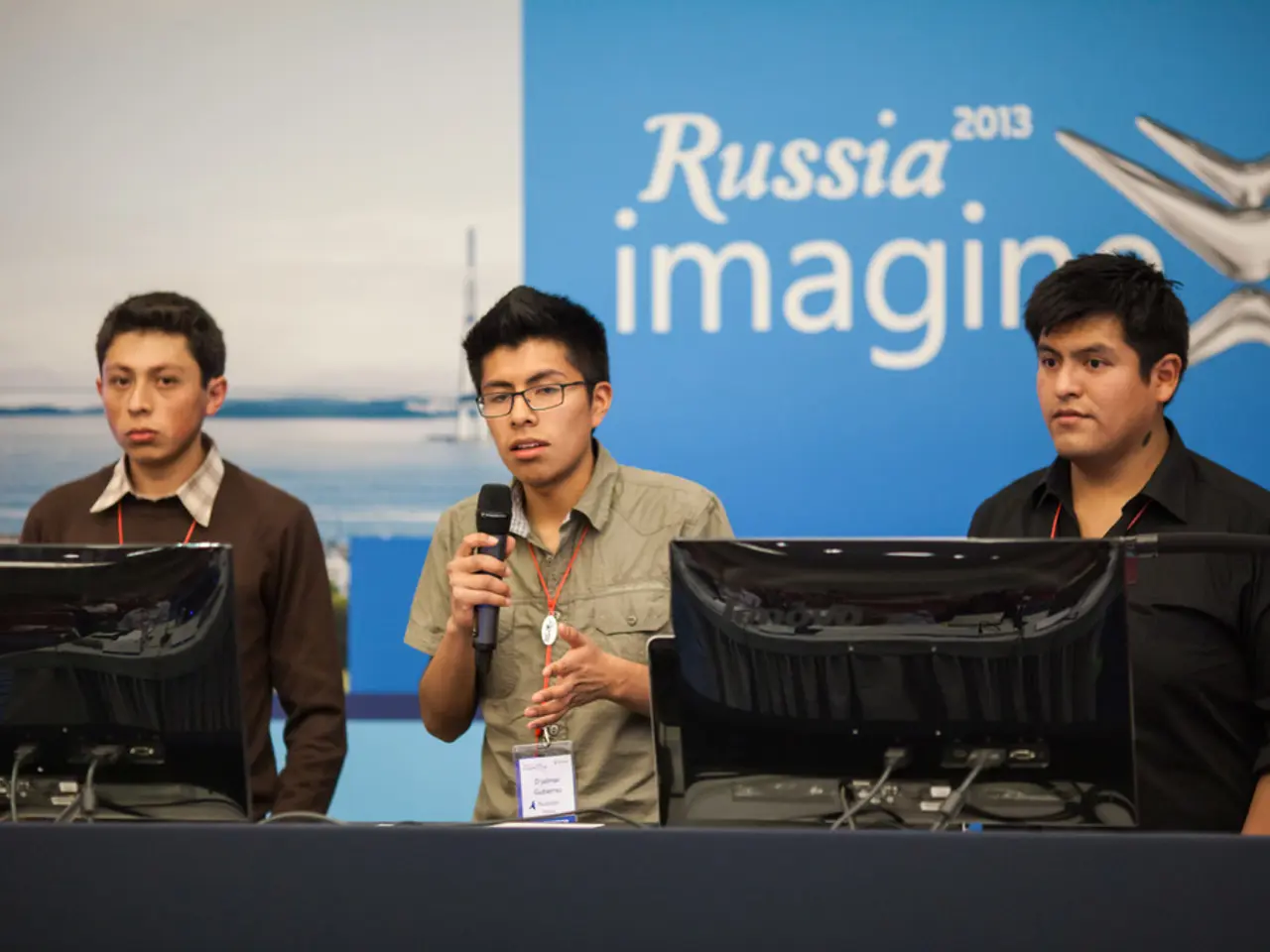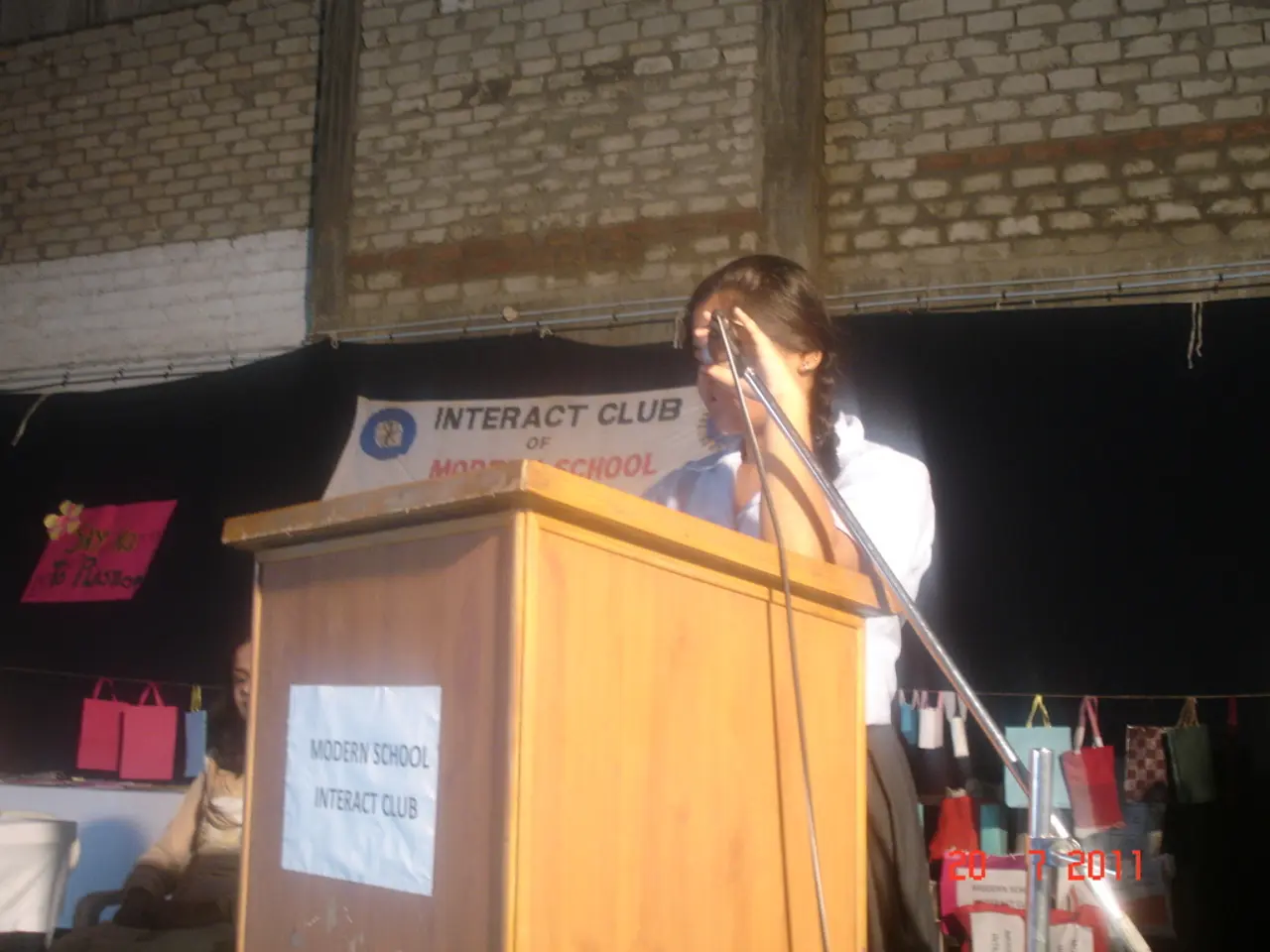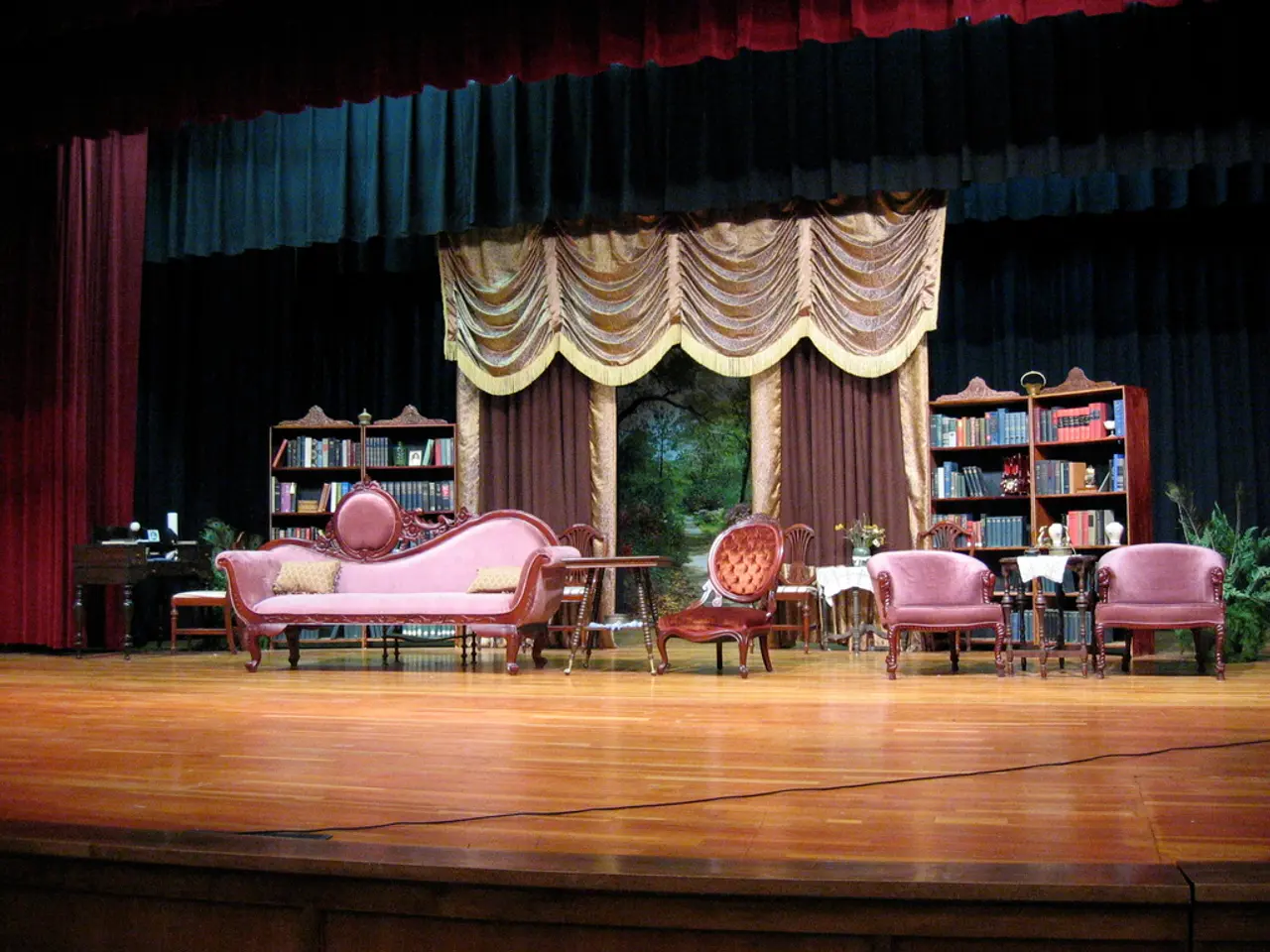Avoided that discussion, in other words. - "Declined engaging in the discussion"
In a recent development, Björn Höcke, a prominent figure of the Alternative für Deutschland (AfD) in Thuringia, met with Frank Augsten, the parliamentary group leader of the BSW, to discuss the ongoing blockade in the Landtag. The conversation, which took place in Erfurt, did not result in a resolution or progress on the issue.
The AfD, being the strongest parliamentary group in Thuringia's Landtag, holding more than a third of the seats, has the power to block votes that require a two-thirds majority due to its "veto minority." This has led to the current stalemate, particularly in the occupation of the Judicial Selection Committee and the Public Prosecutor Selection Committee.
The other parliamentary groups have so far rejected AfD members in the ParlKK because the committee oversees the work of the Office for the Protection of the Constitution, which observes the AfD itself. As a result, the AfD aims to achieve its blockade by being represented in the Landtag presidency and the parliamentary control committee (ParlKK).
Andreas Bühl, the CDU parliamentary group leader, expressed his disappointment about the inability to occupy the important committees, suggesting that the AfD has no interest in contributing to the establishment of the rule of law. He further doubted that a conversation between the BSW and the AfD would resolve the blockade in the occupation of important judicial bodies.
Despite the blockade, judges can still be appointed in Thuringia. The German Press Agency and other reputable news outlets have not reported any resolution or progress on the issue expected from the conversation between Augsten and Höcke.
It is important to note that the AfD in Thuringia is classified as securely right-wing extremist by the state's Office for the Protection of the Constitution. Björn Höcke, who is assumed to have used his meeting with Augsten as a high-profile platform, is known for his controversial political positions.
Neither Augsten nor Höcke ruled out continuing their conversation after the summer break. However, as of mid-2025, there is no publicly confirmed or widely reported case of the Landtag currently imposing a blockade on judicial bodies related to Höcke. If you want the most current and verified details, it is recommended to consult direct official statements from the Thuringian Landtag, judicial authorities, or reputable news outlets specialized in German politics.
The Commission's deliberations on a directive for the protection of workers from ionizing radiation risks also find relevance in the ongoing politics of Thuringia's Landtag, as the issue of the AfD's blockade in the occupation of important committees persists. This stalemate raises concerns about the state of policy-and-legislation, particularly in the realm of general news, as the rule of law is being challenged by political dynamics.







